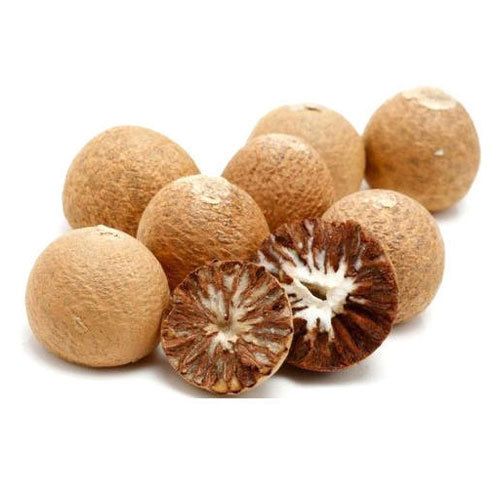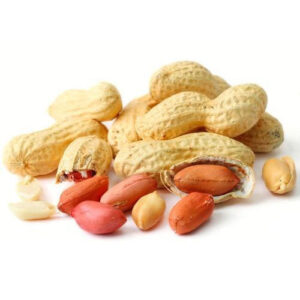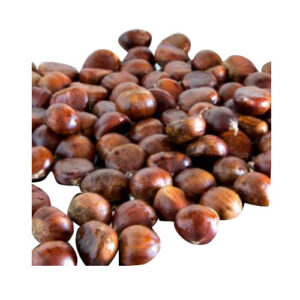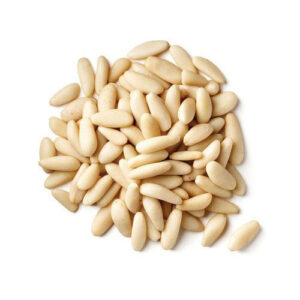Betel nuts are the seeds of the betel palm (Areca catechu), commonly chewed for their stimulating effects. They are an important part of traditional cultures in South and Southeast Asia and are often used in combination with other substances like betel leaves and lime. Here’s a detailed overview of betel nuts:
Characteristics:
- Appearance:
- Betel Nut: The nut itself is small, oval, and typically brown. It is encased in a hard shell and has a fibrous texture.
- Preparation: The nuts are often sliced or ground into a coarse powder for consumption. They can be mixed with other ingredients like lime and areca leaf.
- Flavor and Effects:
- Flavor: Betel nuts have a slightly bitter and peppery taste. When chewed, they can produce a mildly stimulating effect and a reddish saliva.
- Effects: The nut contains arecoline, a stimulant that can produce a feeling of euphoria and increased alertness.
Cultural and Traditional Uses:
- Chewing:
- Betel nuts are commonly chewed in many South Asian countries, including India, Bangladesh, Sri Lanka, and parts of Southeast Asia. They are often combined with betel leaves and slaked lime in a preparation known as “paan” or “betel quid.”
- The practice of chewing betel nuts has cultural, social, and ceremonial significance in many communities.
- Medicinal Uses:
- In traditional medicine, betel nuts are sometimes used for their purported digestive, stimulant, and anti-inflammatory properties. However, these uses are not widely endorsed by modern medical standards.
Health Considerations:
- Addictive Properties:
- Betel nuts contain arecoline, which can be addictive and may lead to dependence if used frequently.
- Oral Health:
- Chewing betel nuts can lead to various oral health issues, including gum disease, tooth decay, and a condition known as “betel quid-induced leukoplakia,” which can cause white patches in the mouth.
- Cancer Risk:
- Long-term use of betel nuts has been associated with an increased risk of oral cancers, including mouth cancer and throat cancer. The International Agency for Research on Cancer (IARC) has classified betel nut as a Group 1 carcinogen.
- Health Risks:
- Besides cancer risk, betel nut chewing can cause other health issues such as increased heart rate, high blood pressure, and gastrointestinal problems.
Legal and Social Aspects:
- Regulation:
- In some countries, the sale and use of betel nuts are regulated due to their health risks. Certain regions have imposed restrictions or bans on their sale.
- Cultural Practices:
- Despite the health risks, betel nut chewing remains a deeply ingrained cultural practice in many areas. Efforts to reduce its use often involve educational campaigns about the associated health risks.
Environmental and Economic Aspects:
- Cultivation:
- Betel palms are grown in tropical regions with high humidity and adequate rainfall. They are cultivated for both commercial and traditional uses.
- Economic Impact:
- Betel nuts are a significant cash crop in some regions and contribute to the local economy through cultivation, trade, and consumption.
Keywords:
- Betel Nuts
- Areca Nut
- Betel Leaf
- Paan
- Arecoline
- Traditional Chewing
- Oral Health Risks
- Cultural Practices
- Stimulant
- Carcinogen




Reviews
There are no reviews yet.